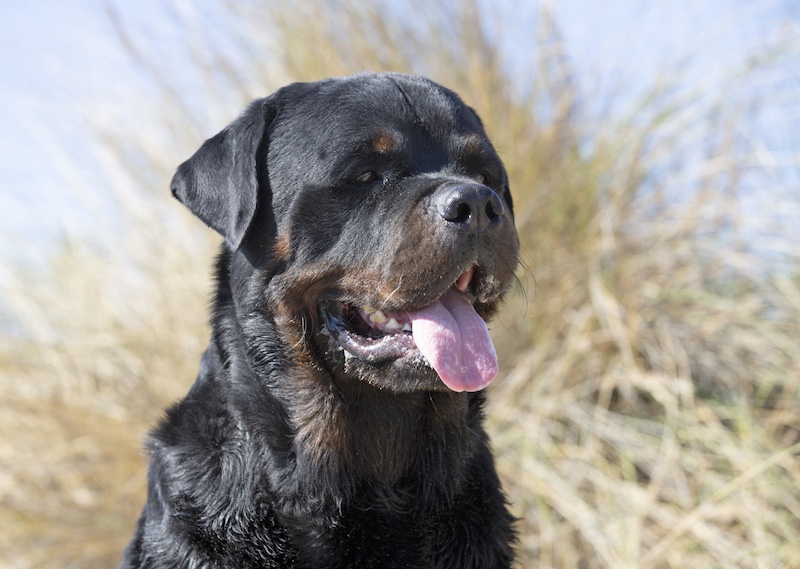When choosing a dog breed, it’s essential to consider more than just temperament, size, and energy level. Many dog breeds have distinct health needs that may require special attention, care, and sometimes additional medical costs throughout their lives. While every dog requires regular veterinary check-ups and a balanced diet, certain breeds are more prone to specific health conditions. Here are 10 common dog breeds with unique health needs that potential dog owners should be aware of.
1. Bulldog
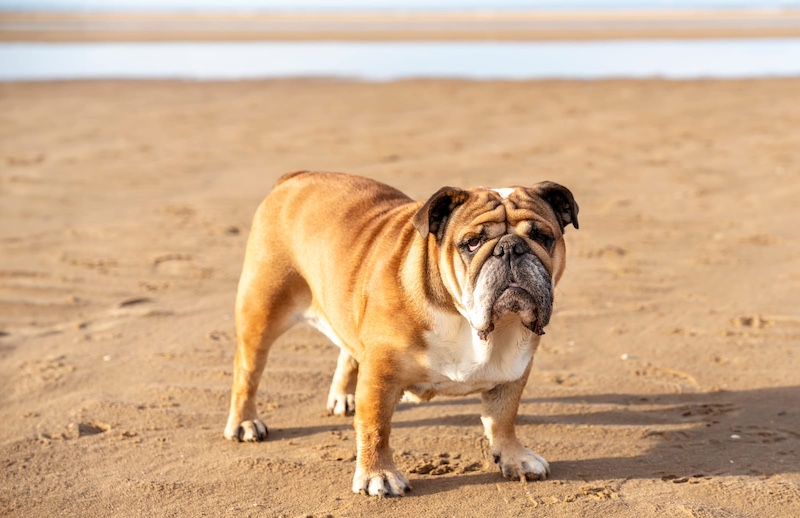
Bulldogs, with their iconic wrinkled faces and stocky bodies, are prone to a variety of health issues due to their unique physical structure. Their flat faces, a characteristic of brachycephalic breeds, make them susceptible to brachycephalic obstructive airway syndrome (BOAS), which causes breathing difficulties. Additionally, Bulldogs are prone to hip dysplasia, skin infections in their folds, and joint problems. Regular cleaning of their skin folds and maintaining a healthy weight can help mitigate some of these issues.
2. Dachshund
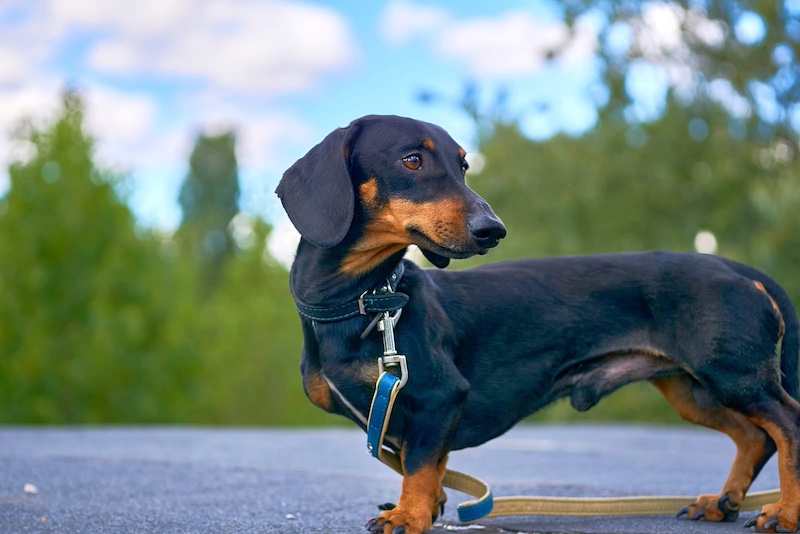
Dachshunds, with their long bodies and short legs, are adorable but can suffer from spinal problems. One of the most common health issues is intervertebral disc disease (IVDD), where the discs in their spine can rupture, leading to pain, paralysis, or other serious issues. It’s crucial to avoid situations where they might jump or fall from high places. Keeping them at a healthy weight and providing proper back support can also help prevent spinal problems.
3. Great Dane
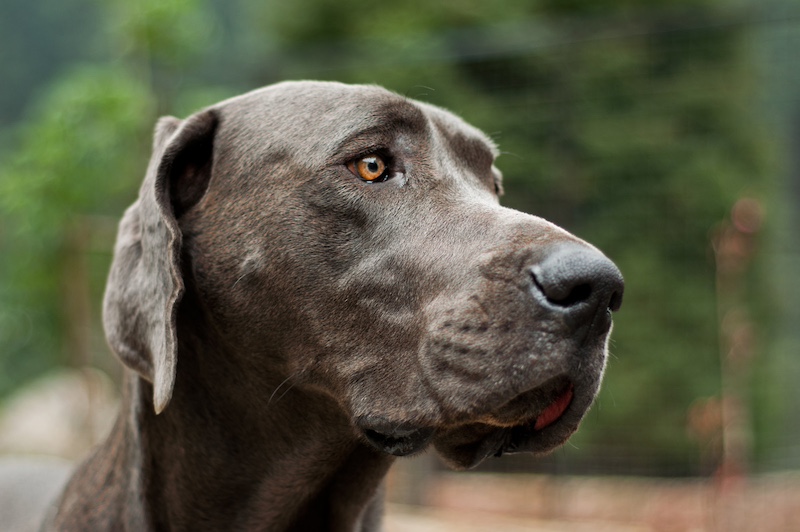
Great Danes are known for their massive size, which can lead to unique health concerns. They are prone to bloat, a condition where the stomach twists and fills with gas, leading to a life-threatening situation if not treated immediately. Great Danes also experience joint issues, particularly hip dysplasia and arthritis, due to their weight. Regular exercise, a specialized diet to prevent bloat, and routine veterinary visits are essential for maintaining their health.
4. Cavalier King Charles Spaniel
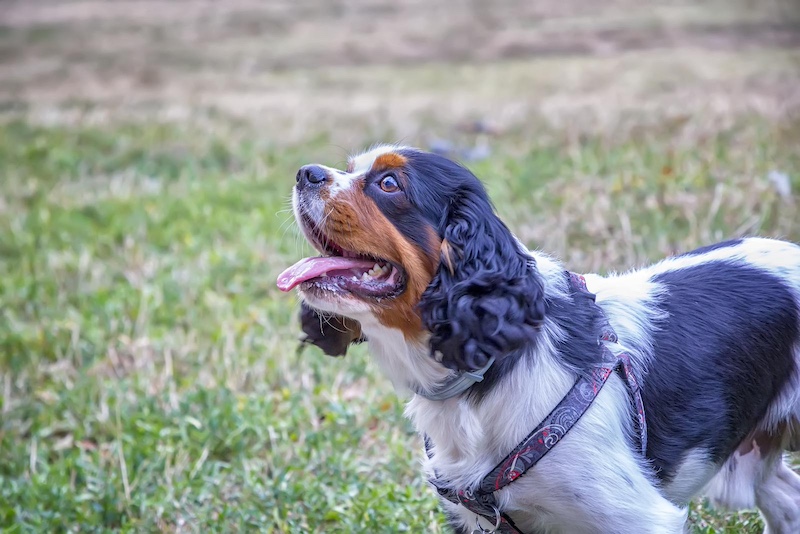
This charming and affectionate breed is prone to heart issues, particularly mitral valve disease, a condition where the heart’s valves become defective, leading to heart failure. Cavaliers may also develop syringomyelia, a serious condition where cavities or cysts form within the spinal cord. Regular heart check-ups and monitoring for signs of discomfort or neurological issues are important for keeping a Cavalier King Charles Spaniel healthy.
5. German Shepherd

German Shepherds are intelligent, active, and versatile dogs, but they are prone to several health problems. The most common issue in this breed is hip and elbow dysplasia, where the joints do not develop correctly, leading to arthritis and pain. German Shepherds are also at risk for autoimmune diseases and bloat. To manage these health concerns, regular exercise to maintain a healthy weight, a balanced diet, and joint supplements can help.
6. Boxer

Boxers are known for their boundless energy and playful nature, but they have specific health concerns. They are prone to heart conditions, including dilated cardiomyopathy, which can lead to heart failure. Boxers are also at risk for certain types of cancer, such as mast cell tumors, and hip dysplasia. Regular heart exams and cancer screenings can help detect potential issues early, while maintaining an active lifestyle can support their overall health.
7. Poodle

Poodles, especially the Standard variety, are known for their hypoallergenic coats and sharp intellect. However, they can develop health issues like hip dysplasia, progressive retinal atrophy (PRA), and Addison’s disease. Addison’s disease affects the adrenal glands and leads to symptoms like lethargy, vomiting, and loss of appetite. Regular veterinary visits to monitor for these conditions are essential for Poodle owners.
8. Shih Tzu

The Shih Tzu is a small dog with a luxurious coat, but their flat faces make them prone to respiratory issues, including brachycephalic syndrome. They are also prone to dental problems due to their compact mouth, and their long, flowing coat requires regular grooming to prevent matting and skin infections. Regular dental care and grooming are necessary to ensure the health and comfort of a Shih Tzu.
9. Chihuahua

Chihuahuas are the smallest dog breed, but they have their own set of health challenges. Their small size can make them prone to patellar luxation, where the kneecap dislocates, as well as dental issues like tooth loss. They may also suffer from heart problems, including heart murmurs. It’s important for Chihuahua owners to ensure they receive proper dental care, regular check-ups, and monitor their joints for signs of discomfort.
10. Rottweiler
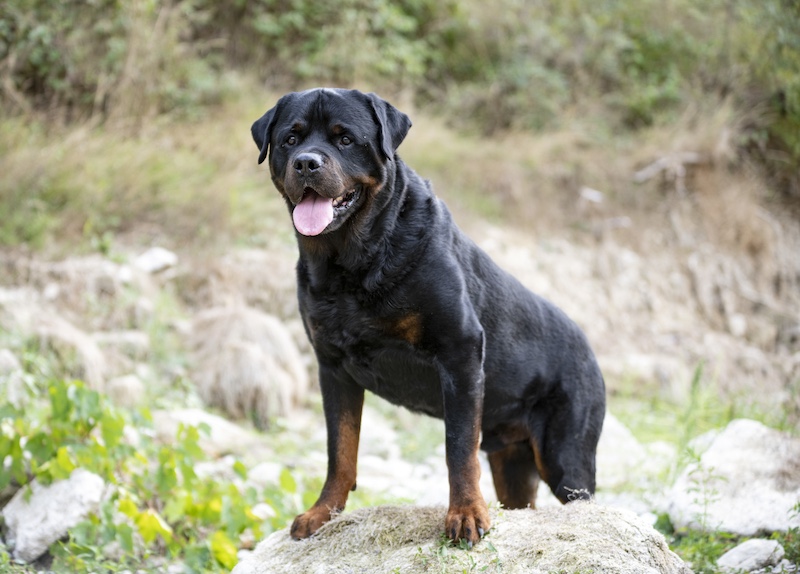
Rottweilers are strong and powerful dogs, but they can develop certain health issues due to their size. Like many large breeds, Rottweilers are prone to hip and elbow dysplasia. They also have a higher risk of developing osteosarcoma, a type of bone cancer. Regular exercise to keep their muscles strong, a healthy diet to maintain an optimal weight, and monitoring for signs of joint discomfort are crucial for their well-being. Please Note: This content was created with the assistance of AI and thoroughly edited by a human before publishing.

